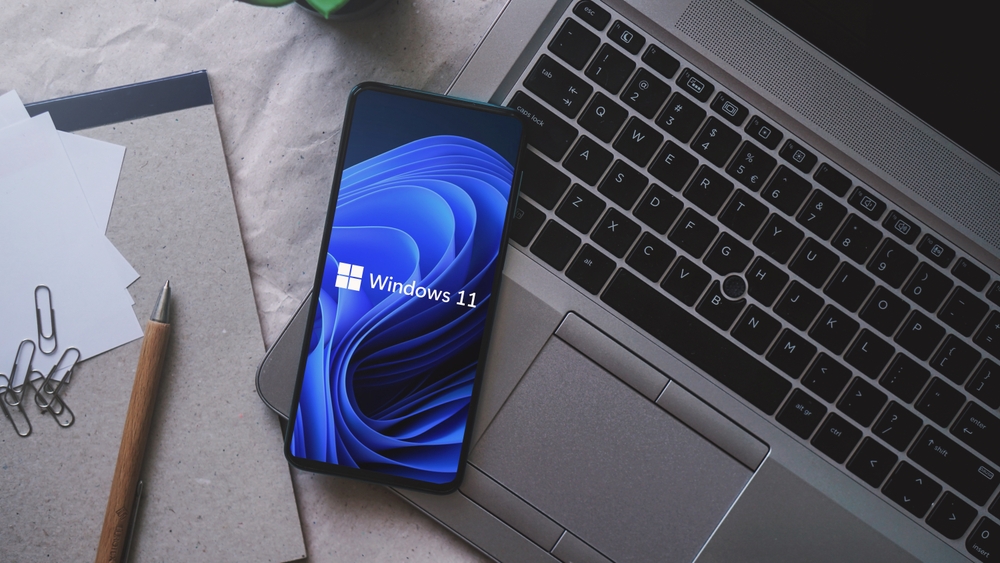
Microsoft’s latest security update has caused widespread issues for dual-boot Windows and Linux systems. The patch, which was intended to fix a long-standing vulnerability in the GRUB open-source boot loader, has instead prevented some Linux installations from booting, leaving users scrambling for solutions.
Secure Boot Update Misfire
The update was meant to address a two-year-old vulnerability that allowed hackers to bypass Secure Boot, a critical technology used to block malicious firmware during system startups. However, despite Microsoft’s assurances that dual-boot systems wouldn’t be affected, many users have reported that their Linux distributions, including Ubuntu, Debian, Linux Mint, and others, have become unbootable. Instead of fixing the issue quietly, the patch has led to “security policy violation” errors and even more alarming, “something has gone seriously wrong” messages across various Linux forums and Reddit discussions.
User Backlash and Workarounds
Affected users have voiced their frustrations online, noting that the update shouldn’t have impacted their dual-boot systems. As of now, Microsoft has not officially addressed the growing complaints. However, a temporary fix has been shared within the Ubuntu community: disabling Secure Boot at the BIOS level. By turning off this feature, users can boot into their Linux installations and remove the problematic Microsoft SBAT policy. While this solution is not ideal, it has offered some relief to those struggling with the update’s consequences.
A Deeper Issue with Secure Boot?
This isn’t the first time vulnerabilities in Secure Boot have surfaced. Over the years, researchers have identified several flaws in the technology, questioning its long-term viability as a foolproof security measure. Microsoft made Secure Boot mandatory for Windows 11, a move designed to bolster system defenses against BIOS rootkits and other threats. However, this recent incident has reignited the debate over the stability and reliability of Secure Boot, particularly for users running both Windows and Linux on the same machine.
For more details on the update and its impacts, visit the full report on The Verge.




